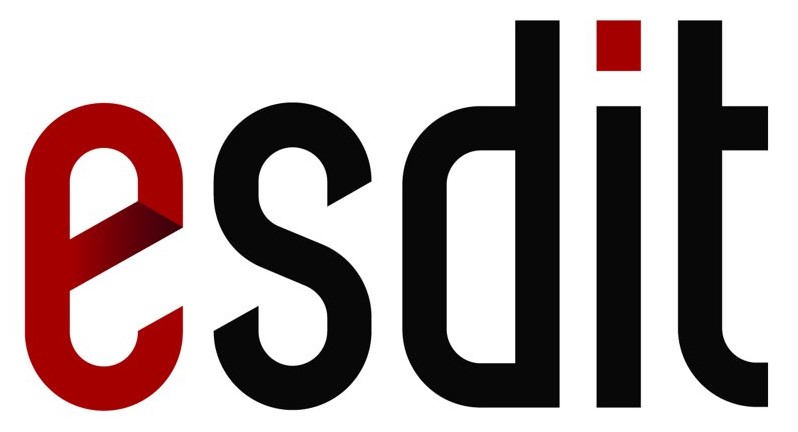The global coronacrisis also affects the research programme ‘Ethics of Socially Disruptive Technologies’ (ESDT). A meeting with all the consortium partners to discuss the first important activities was of course not feasible. But this does not mean the team was unable to do anything. On the contrary. In June the first online session with all consortium partners was held, which was a great success. Here you can read in brief what was discussed during this session.
Dynamics and understanding of moral change
The agenda contained a variety of topics, intended to inspire each other, to inform each other and to exchange ideas. To start off, Cecilie Eriksen of Aarhus University gave a presentation on the dynamics of moral change in general and Olya Kudina and Ibo van de Poel of Delft University of Technology addressed the question of how to develop a philosophical theory of changing values in sociotechnical systems. Both talks clearly showed the complexity of change is a moral or value context. As Eriksen succinctly put it: “human beings really have a craving for simple explanations. But the dynamics of moral change cannot be reduced to simplistic explanations.“
Conceptual engineering and philosophical approaches
Joel Anderson (Utrecht University) then discussed what this research programme can learn from the debates on gender and mental health labels, by focusing on the role and importance of an ameliorative analysis of the concepts we use. That is, asking the question what people stand to gain by being allowed to apply a particular concept in a certain situation. Take, for instance, the question whether using an implant or relying on e-coaching should count as real self-control. We can and should approach this by settling on the meaning of self-control. But we should also ask the further question why we want to distinguish between mere success and real personal accomplishment when it comes to self-control in the first place.
Collaboration and interaction
Finally, Peter-Paul Verbeek (UT) and Wijnand IJsselsteijn (Eindhoven University of Technology) took over the online floor to discuss the possible collaboration and interaction between ethics (philosophy) and engineering technology with all participants.
Key questions and first researchers to start
Some important questions to which the consortium members aim to find answers in the next 10 years:
- In what ways are our fundamental ontological and moral concepts open to being challenged and changed?
- What role does technology play in such changes?
- How can these conceptual changes be studied?
Searching for and finding answers to these – and more – questions gives direction to the programme. After this meeting it is clear that a lot of important work needs to be done. But above all it is crystal clear that everyone is more than eager to get to work on this. Especially now that the first group of researchers has been hired and their research is ready to start.

